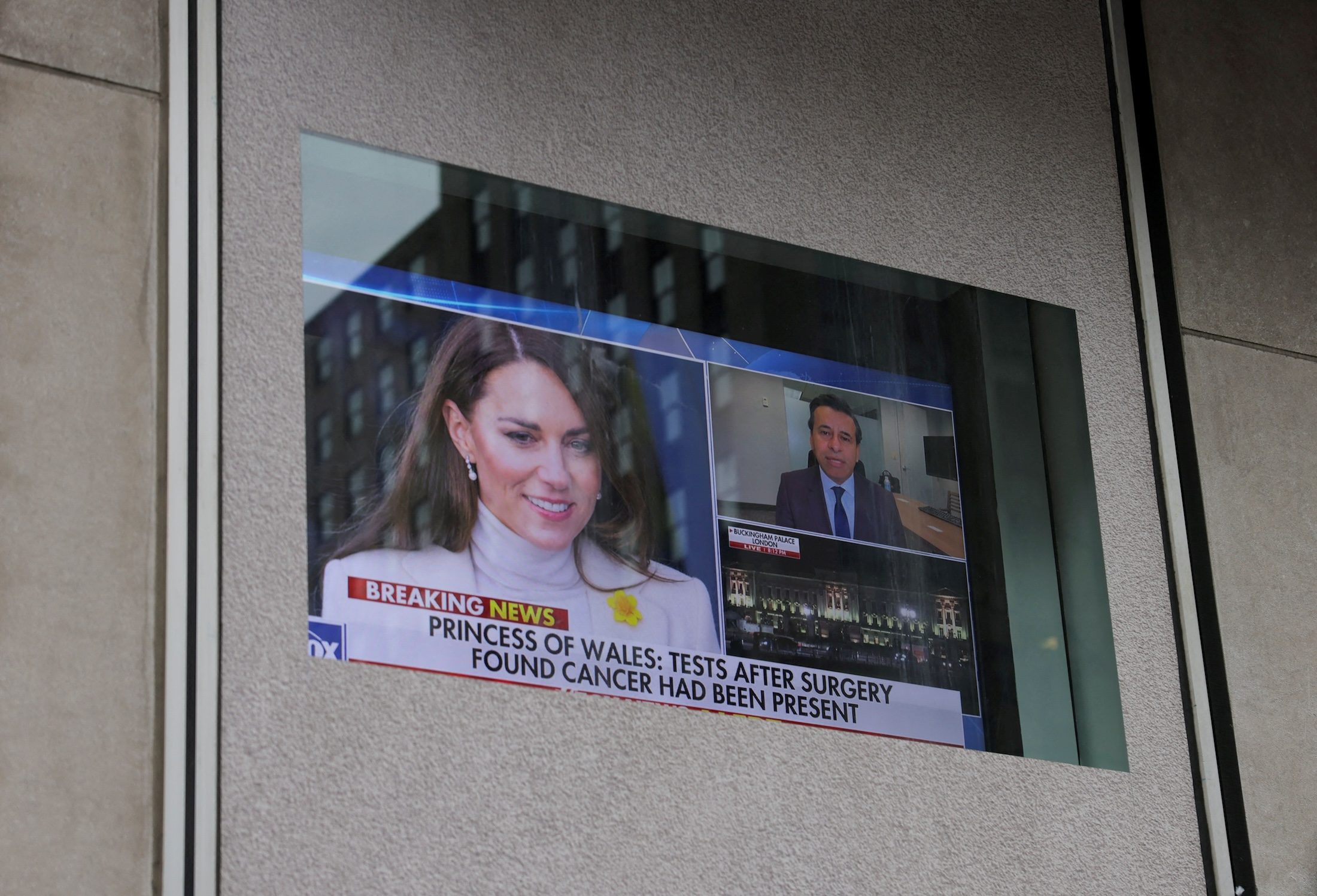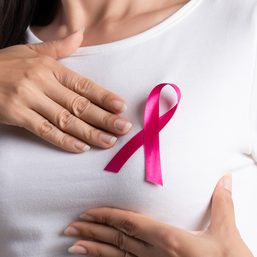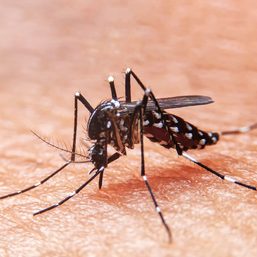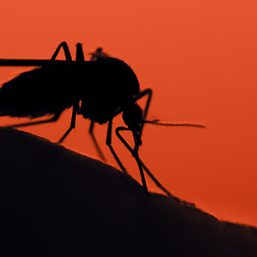SUMMARY
This is AI generated summarization, which may have errors. For context, always refer to the full article.

After weeks of public speculation about the health of Britain’s Princess of Wales, Kate on Friday, March 22, said in a video that she is receiving “preventative” chemotherapy after an abdominal surgery in January revealed cancer.
Kate did not give details of the type or stage of cancer, or share her specific treatment plan, making it difficult to assess the potential impacts on her health.
Here is what we know about preventative chemotherapy:
What is preventative chemotherapy?
Preventative chemotherapy is given before or after a primary treatment, such as surgery, to reduce the chance of a cancer returning or spreading.
Preventative treatments given before the primary treatment are called neoadjuvant therapy. Preventative treatments given afterward, as in Kate’s case, are called adjuvant therapy.
Adjuvant chemotherapy can “mop up” any remaining cancer cells, but its value varies by cancer type and by its size and location, said Professor Bob Phillips, a pediatric oncologist at the University of York.
Later, patients may go on to receive maintenance therapy to prevent the cancer’s return or to delay its growth.
What do treatment and recovery look like?
Oncologists today view cancer as an array of diseases, each of which requires its own specific treatment plan with a range of therapies, including intravenous infusions, pills, or radiation. Treatment can span a few months to over a year.
“There are a very large number of chemotherapy drugs and combinations resulting in many different regimens, even for a single type of cancer,” said Dr. Mangesh Thorat, a breast surgeon at Homerton University Hospital.
Typically, “patients receive four to six cycles, each lasting 21 days and consisting of a day or few days of chemo, then time for the body to recover from it,” Phillips said.
In other cases, chemotherapy is administered daily, or every two or four weeks, he noted.
Recovery times vary widely, but even when treatment comes to an end, it can take months for a patient to resume full activity.
Does age matter?
Younger patients tend to be healthier when diagnosed and are therefore more likely to withstand the optimal doses of chemotherapy drugs given at ideal intervals, Phillips said.
“We are seeing more and more people in their 40s with cancer,” said Professor Andrew Beggs, a colorectal surgeon at the University of Birmingham.
“Young people…better tolerate higher doses of chemotherapy and so can be given stronger regimens that are more likely to kill any leftover cells,” Beggs added.
According to a 2023 study of 204 countries published in BMJ Oncology, the number of cancer cases in people under the age of 50 totaled 3.26 million in 2019, an increase of 79.1% since 1990, with “notable variances” in death rates between areas, countries, sex and cancer types.
A separate 2023 study published in JAMA Network Open reported that in the United States from 2010 to 2019, gastrointestinal cancers had the fastest-growing incidence rates among all early-onset cancer groups, with a particular focus on cancers in the appendix, liver bile duct, and pancreas.
Colon cancers and breast cancers have also been increasingly diagnosed in younger patients, studies have shown. – Rappler.com
Add a comment
How does this make you feel?
![[Free to disagree] Ending victimhood](https://www.rappler.com/tachyon/2024/05/TL-Ending-victimhood-May-20-2024.jpg?resize=257%2C257&crop_strategy=attention)







There are no comments yet. Add your comment to start the conversation.